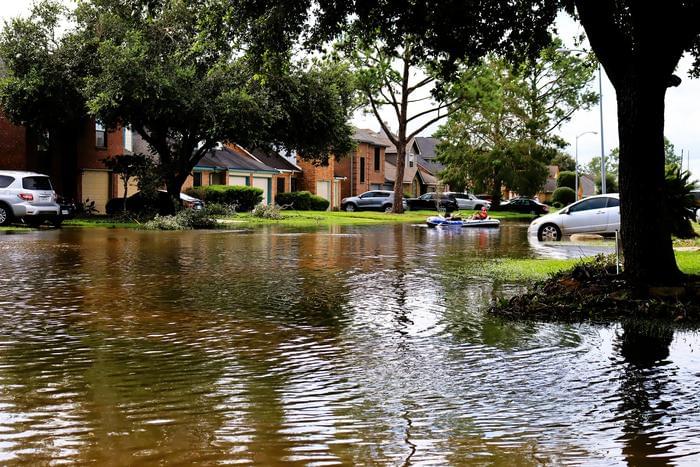Do cities get more rainfall than rural areas?
How does an urban environment influence its rainfall? This is what a recent study published in the Proceedings of the National Academy of Sciences hopes to address as a team of researchers investigated what is known as the urban precipitation anomaly, which is when urban environments potentially cause increases in rainfall compared to rural environments due to increased surface temperatures. This study holds the potential to help researchers, climate scientists, and the public better understand the impact that urban environments have on the climate, specifically as climate change continues to ravage the planet.
For the study, the researchers analyzed urban precipitation anomalies across 1.056 cities around the world with the goal of ascertaining the scope of these anomalies based on location and present climates and developing more accurate climatology datasets and greater resilience among cities. In the end, the researchers found that 60 percent of cities around the world have increased levels of urban precipitation anomalies, with the most extreme anomalies occurring in Africa where the surface temperatures are already high, with one factor being tall buildings result in wind being funneled into city centers.
“The buildings further enhance this convergence by slowing the winds, resulting in a stronger upward motion of air. This upward motion promotes the condensation of water vapor and cloud formation, which are critical conditions for producing rainfall and precipitation,” said Dr. Zong-Liang Yang, who is a professor in the Department of Earth and Planetary Sciences at the University of Texas at Austin and a co-author on the study.









Leave a reply